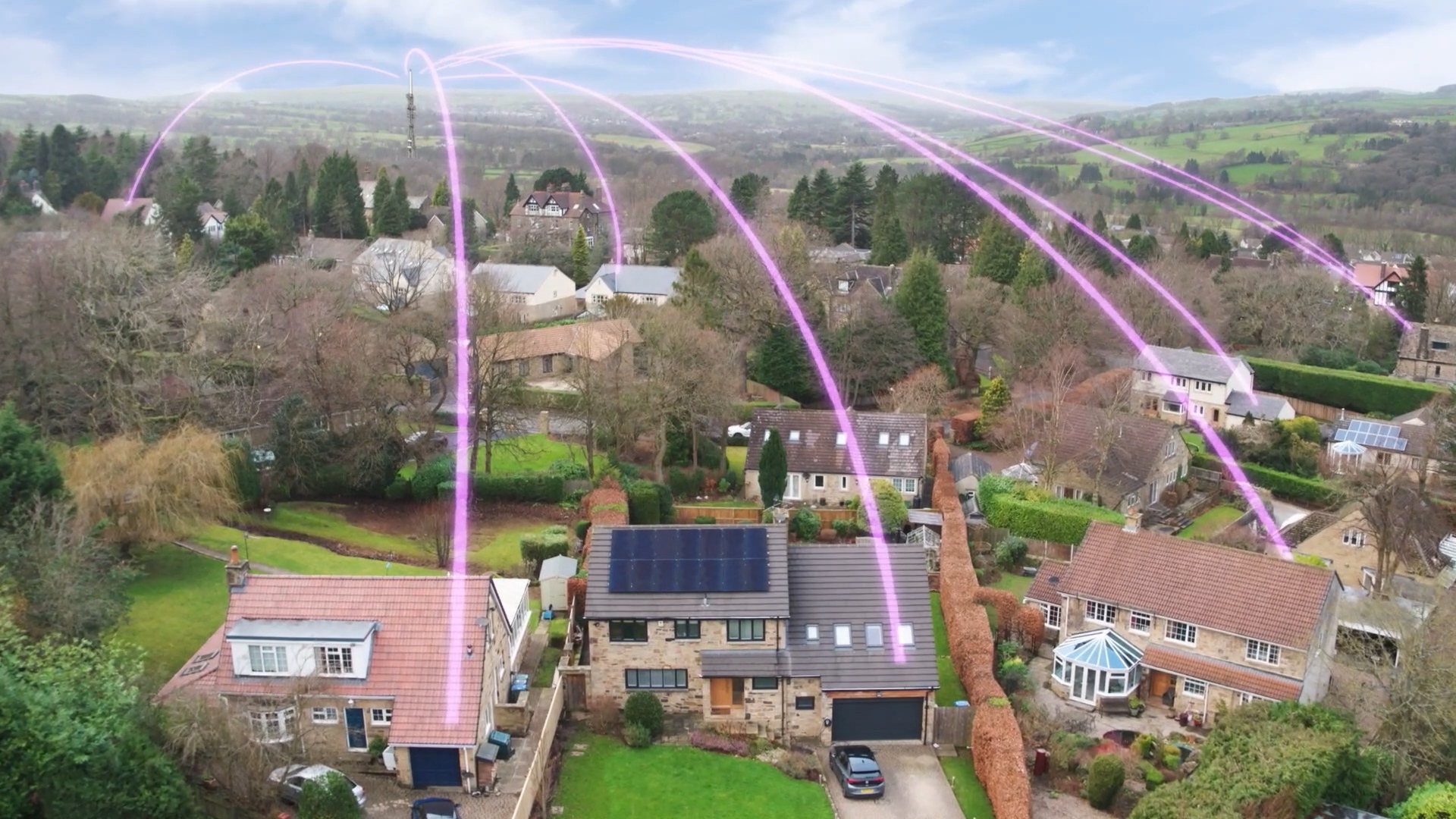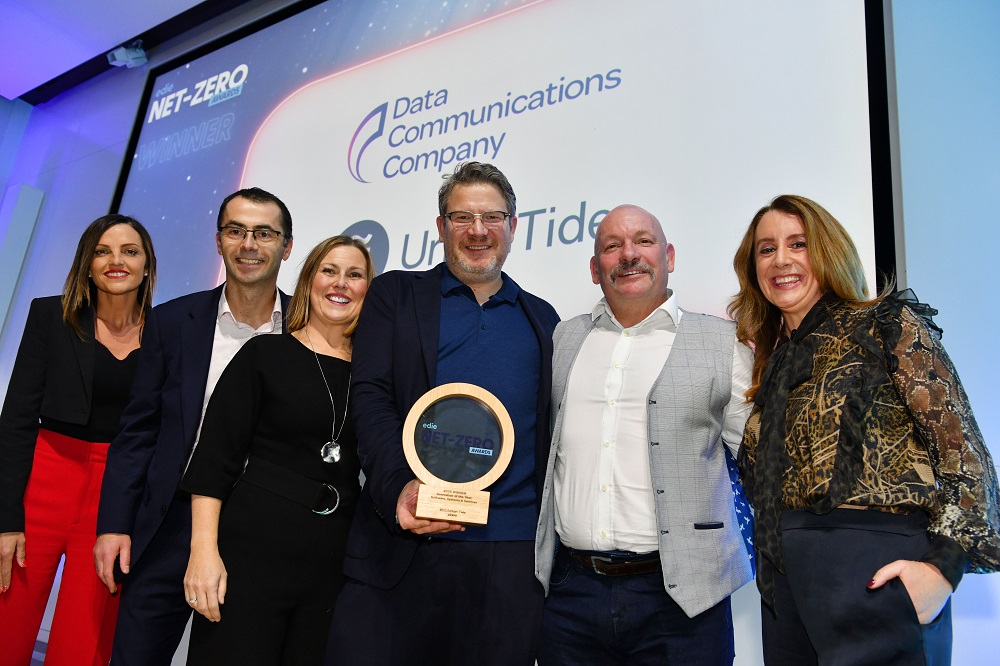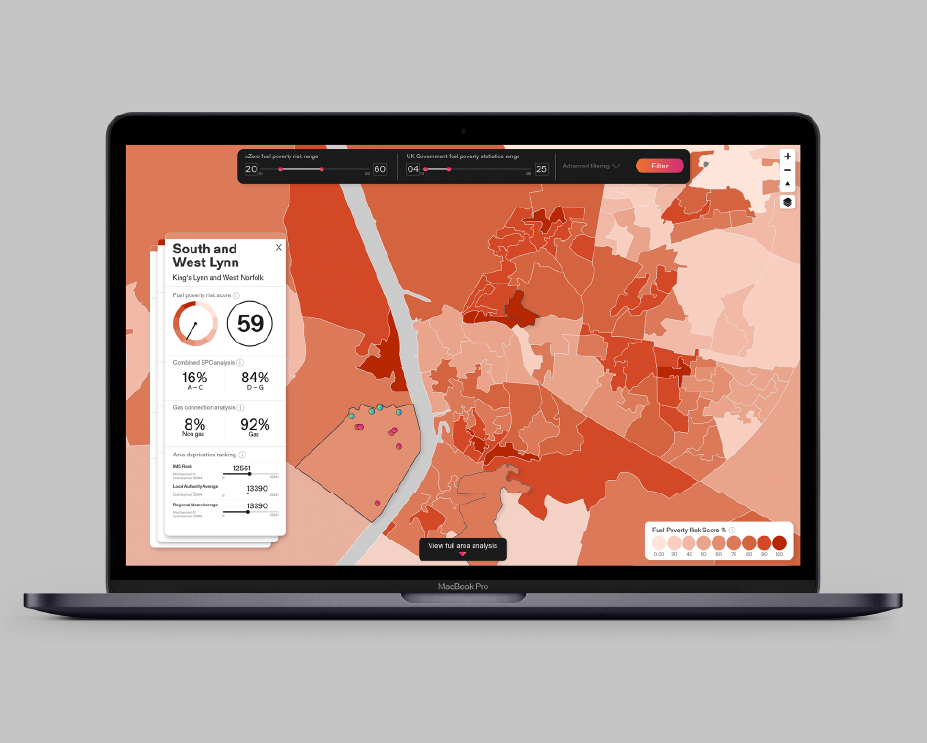Over the past two years, rapid increases in energy prices have contributed to an unprecedented cost of living crisis. An estimated 6.3 million households are currently living in fuel poverty, with millions more at risk. The resulting impact is profound - under-heated homes, stress caused by debt and self-disconnections. Tens of thousands of people are dying every year due to a cold home.
Fuel poverty is not new, but the current extent and severity of the challenge is. Many new measures and services have arisen in response, but the reach and impact remain insufficient to tackle the scale of the problem. For many, this forthcoming winter looks likely to be an extremely difficult time. Concerns over the current situation, in conjunction with the outcry over the force fitting of prepayment meters, have led to calls from across the political spectrum to do more to improve outcomes for fuel poor homes.
Adam Scorer, Chief Executive at National Energy Action (NEA) says:
“After the Autumn Statement which offered no additional energy support to families, and following Ofgem’s announcement that bills are increasing by another 5%, more people than ever are struggling. Bills are double pre-crisis levels, levels of household energy debt are through the roof. We need urgent financial help for the most vulnerable but we also need to make sure the energy market works as well as it possibly can for fuel poor households.
Smart meters can unlock a better deal. Smart prepay, identifying people who are self-disconnecting, getting emergency credit on the meter when its most needed, spreading the benefits of flexible tariffs for all consumers. We need smarter, digital energy markets to benefit people in fuel poverty, as well as the better off consumers. Everyone should be able to live in a warm, safe and healthy home. We need to lever every advantage for those who are struggling. Smart meters are a key part of making this happen.”
How the smart meter system can play a part in reducing fuel poverty
There is no ‘silver bullet' for tackling fuel poverty but the ability to effectively target energy efficiency measures where they are most needed can have a major impact. Reducing the number of families residing in properties with inadequate energy efficiency measures can help massively improve well-being, reduce costs for the NHS and accelerate our trajectory to net zero.
In line with this call to action, we have considered how the smart metering system can be used to its fullest extent to help tackle this issue. With 29 million meters already connected today (53m at the completion of the roll-out) the system provides secure connectivity to every home across Great Britain. With over 1.6bn data transactions already taking place across the network every month, it offers a unique data set from which insight can be gained to enable tailored services for households in need.

Moreover, as an already established national asset, the smart metering network provides a platform for policy implementation both in the short term as we prepare for the forthcoming winter and long term to ensure a just transition to net zero.
The capabilities of the smart metering system and the potential ways in which it could be leveraged to support Government, Ofgem and industry in tackling fuel poverty can be grouped into three main areas:
- Understanding fuel poverty through greater insight – appropriate use of smart meter data (for example - visibility of households on emergency credit and those who have self-disconnected) when combined with other data sources can help to identify those in fuel poverty and to develop a deeper understanding of their needs and behaviours. The dynamic nature of the data can enhance research, policy making, support scheme design and measurement through up-to-date segmentation and profiling.
- Enabling targeted and tailored support services – data and insights from the smart metering system can be used to better connect consumers in need with the various support measures available (eg financial and energy saving advice, energy efficiency measures, retrofit grants and healthcare services), ensuring more accurate, efficient deployment and greater impact. Through a previous innovation project, we helped establish insights that can be drawn from anonymised data to enable local authorities and energy suppliers accurately deploy energy efficiency investment to those households most in need.
- Direct intervention through the system – the connection into homes could be leveraged to enable more direct intervention. This includes maximising the functionality of installed devices including load control for assets such as storage heaters and retrieval of temperature and humidity data securely through the system. More holistic services include the direct transfer of credit to the meter for grant schemes such as the Warm Homes Discount. The capability of the system to support the implementation of a social tariff, or managed energy service could be life-changing for households perpetually at risk of fuel poverty and unable to afford the poverty premium levied through pre-payment meter tariffs.
We believe maximising use of the smart metering system offers the opportunity to accelerate our understanding of fuel poverty and deliver enduring support schemes which make a real difference to people's lives, a critical enabler of greater equity in energy use and a significant step towards a just transition as the energy system transition gathers pace.
Next steps in leveraging the smart meter network to address fuel poverty
With the support of Ofgem, our immediate priority is to help 11 organisations (primarily local authorities, charities and universities) to access anonymised smart meter ‘system data’. In doing so they can enhance their fuel poverty support programmes and further research the challenges households face.
A recent report published by Energy Systems Catapult urged industry parties to work together and we are grateful to our energy supplier customers for their support and participation on this highly impactful public benefit initiative.
For further information on the work of National Energy Action and how you can provide support please visit National Energy Action (NEA) - the UK's leading fuel poverty charity.
For further information on this topic or the role the smart meter system can play, please contact us.

Matt James
Head of Strategic Innovation
Further reading







